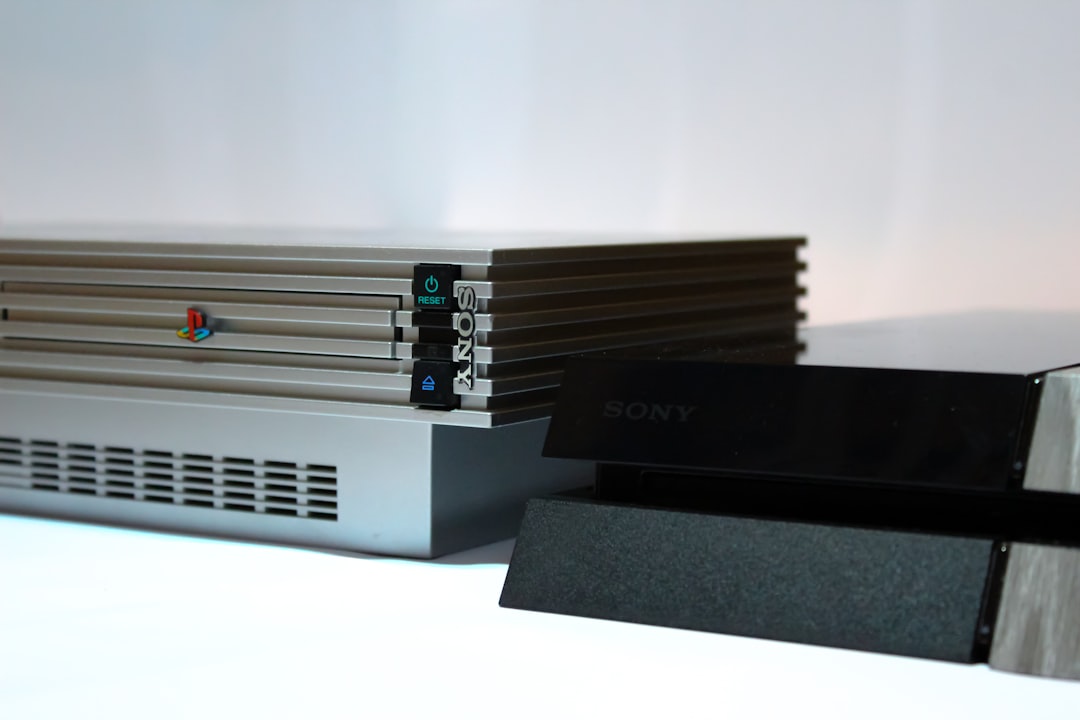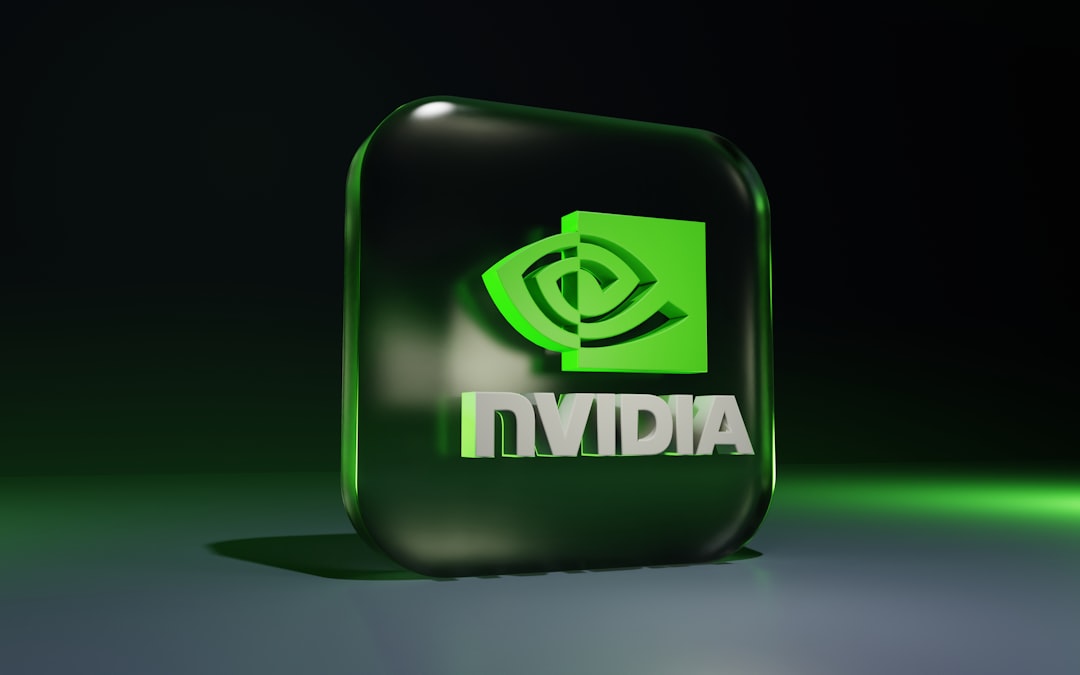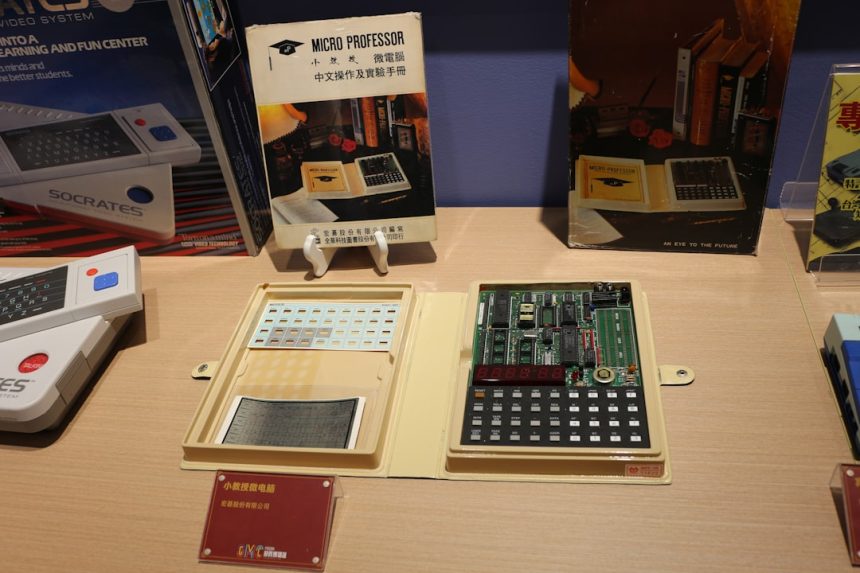The NVIDIA GeForce GTX 1080 was a flagship card when it launched in 2016, setting a high bar for performance in its generation. Fast forward to 2021, and NVIDIA released the RTX 3060, a mid-range card in the latest RTX 30-series lineup with modern architecture and new features. For gamers still holding on to a GTX 1080, the big question becomes: is it worth switching to the RTX 3060?
TL;DR
While the GTX 1080 and RTX 3060 offer similar raw performance in many current games, the RTX 3060 comes with significant advantages including ray tracing support, DLSS, better driver optimization, and improved power efficiency. If you’re building a new system or looking to future-proof for current-gen features, the RTX 3060 is a worthwhile upgrade. However, if you’re mostly playing older or less demanding titles, it may not be urgent to switch just yet.
Architectural Differences
The first major distinction between the two cards lies in their underlying architecture. The GTX 1080 utilizes the *Pascal* architecture, whereas the RTX 3060 is powered by the much newer *Ampere* platform introduced with the RTX 30-series. Here’s what that means:
- Ray Tracing Support: The RTX 3060 features dedicated RT (Ray Tracing) cores, allowing for real-time ray tracing in supported games.
- Tensor Cores: Available only in the 3060, these cores enable DLSS (Deep Learning Super Sampling), improving performance through AI-driven rendering.
- Driver Optimization: Newer architecture consistently receives more optimized driver updates, offering smoother performance over time.

Performance Benchmarks
Performance is often the deciding factor in an upgrade, and although the cards are from very different generations, their raw rasterization performance is relatively close in many games:
- GTX 1080: 2560 CUDA cores, base clock of 1.6 GHz, and 8GB of GDDR5X memory.
- RTX 3060: 3584 CUDA cores, base clock around 1.3 GHz (boosting to 1.78 GHz), and 12GB of GDDR6 memory.
In most modern AAA titles at 1080p and 1440p, the RTX 3060 may only outperform the GTX 1080 by 5-20% in raw FPS, depending on optimizations. However, when you account for DLSS performance boosts and ray tracing, that margin can sharply increase in favor of the RTX 3060.
Future-Proofing & Game Support
Support for next-gen technologies has become increasingly relevant in gaming. Ray tracing is now being incorporated into more mainstream games, and features like DLSS can deliver smoother high-resolution gameplay without demanding more from the GPU.
Here’s how the two cards stack up in this regard:
- RTX 3060: Supports DLSS 2.0 and has much better ray tracing performance than earlier RTX 20-series cards, let alone a GTX 1080.
- GTX 1080: Doesn’t support ray tracing or DLSS. While still strong in traditional rendering tasks, it struggles with newer tech implementations.
This makes the RTX 3060 significantly more *future-proof*, especially as newer titles lean into these features more aggressively.

Power Efficiency and Thermals
Another substantial area of difference is power consumption. The GTX 1080 is built on a 16nm process, and though revolutionary in 2016, it doesn’t match modern energy efficiency. The RTX 3060, on a refined 8nm process, brings higher performance per watt.
Power Comparison:
- GTX 1080 TDP: ~180W
- RTX 3060 TDP: ~170W
Lower power draw not only means less heat generation but also opens up options for smaller or quieter builds. Additionally, the newer card often offers quieter fan curves due to increased thermal efficiency.
VR and Content Creation
If you’re using your GPU not just for gaming but for VR or content creation (rendering, streaming, video editing), then the RTX 3060 further extends its lead. Improvements in driver optimizations and CUDA support in Ampere architecture translate into faster export times and fewer dropped frames while streaming live gameplay.
*VR Compatibility:* Both cards perform well in VR, but the RTX 3060 offers better latency management and frame pacing, especially in newer VR titles that utilize Nvidia’s latest SDKs.
Price Considerations and Availability
Retail pricing has always been a topic of concern in GPU discussions. When launched, the GTX 1080 cost around $599. The RTX 3060 debuted with an MSRP of $329, though chip shortages and inflation have pushed real-world prices higher.
Even on the used market, a GTX 1080 can sometimes sell for nearly as much as a new RTX 3060, raising the question of whether it’s better to buy a modern GPU and access all the accompanying features, or stick with the old guard.
Use Case Scenarios
Let’s break down which card might be better depending on different user scenarios:
- Casual Gamer: If you’re sticking to games like League of Legends, CS:GO, or World of Warcraft, you might not notice a compelling difference either way.
- Competitive Gamer: The better driver optimizations and latency management of the RTX 3060 give it the edge, especially in new titles optimized for Ampere.
- Content Creator: RTX 3060 wins due to better encoding engines, CUDA acceleration, and NVENC updates.
- VR Enthusiast: The enhanced frame pacing and newer driver support make the 3060 a smarter pick.
Conclusion
The GTX 1080 remains a strong performer in 2024, particularly for users who don’t rely on ray tracing or DLSS technologies. However, the RTX 3060 encapsulates several advantages that reflect its generational leap: better power efficiency, improved feature support, higher VRAM capacity, and a pathway into next-gen gaming technologies.
Switching to the RTX 3060 is more than just a performance bump—it’s an investment in capabilities that extend the longevity and compatibility of your gaming or creative setup. If you’re looking to get the most out of newer titles and features, or build a system that will remain relevant for several more years, the RTX 3060 is undeniably worth the switch.





